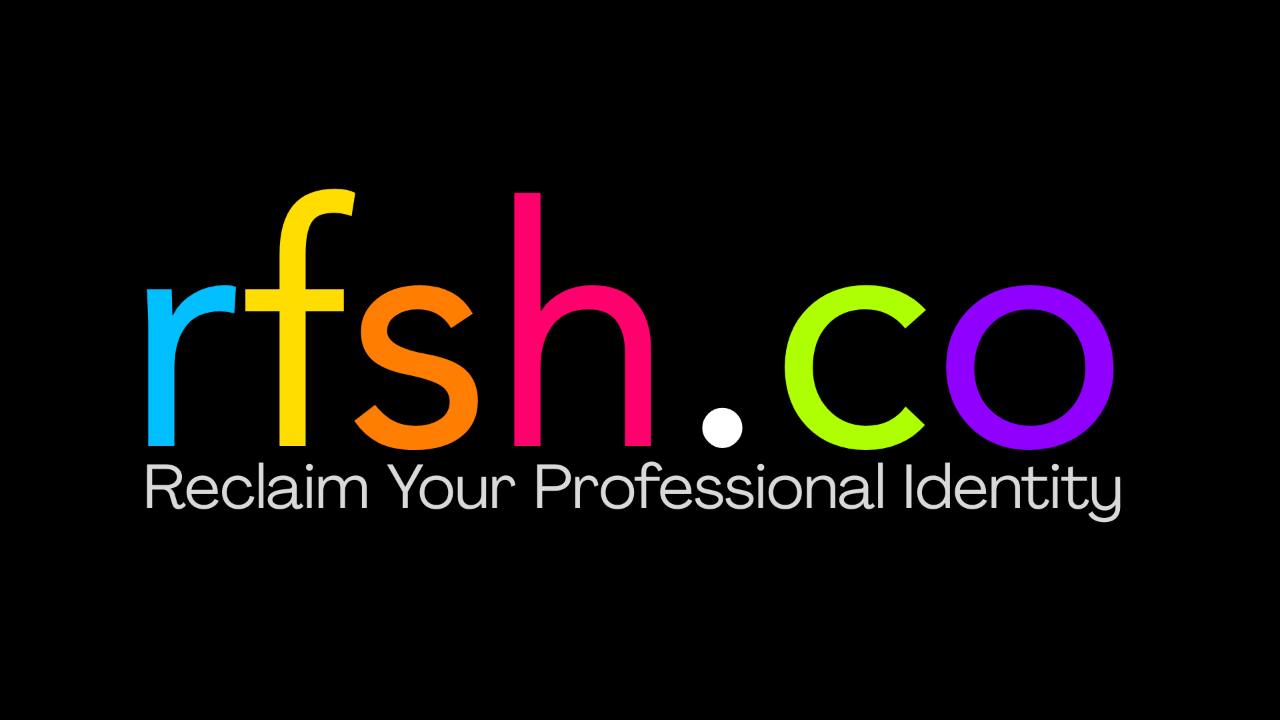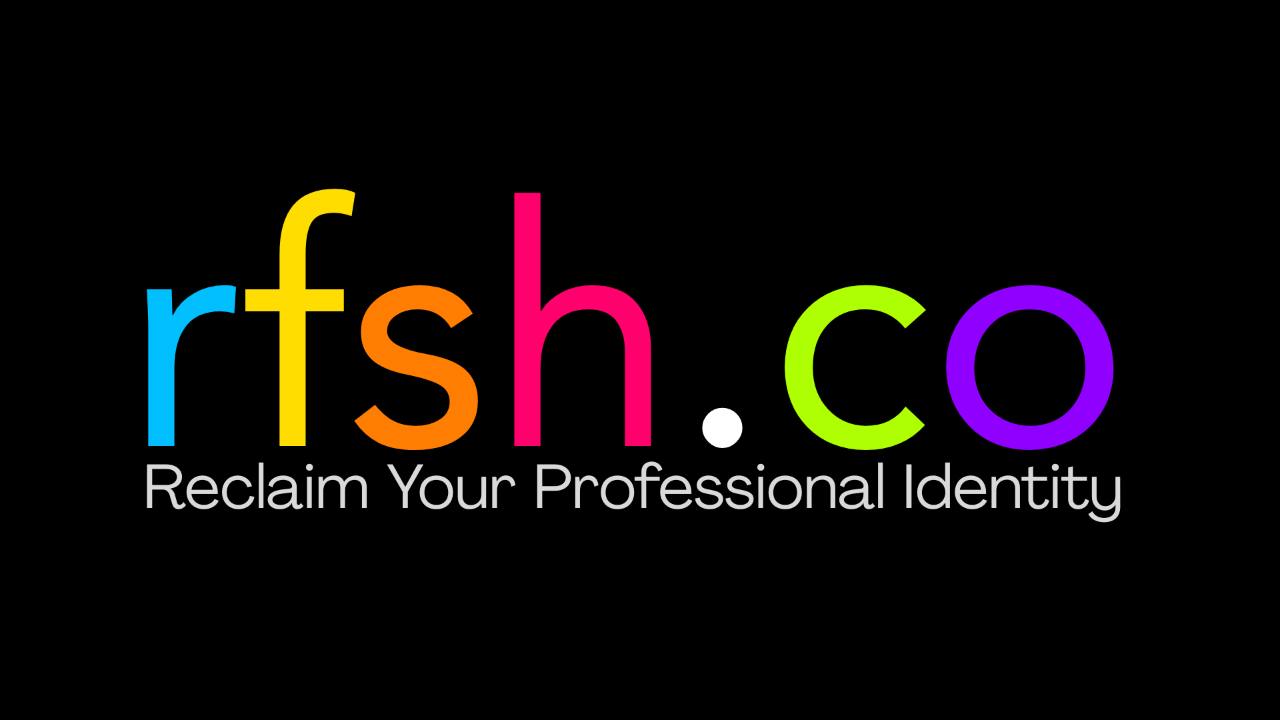5. Using a Side Hustle for Skill Building and Professional Growth
Starting a side hustle isn’t only about earning extra income or pursuing a passion. It’s also an opportunity to build skills that can positively impact your primary career. Running a small business on the side offers hands-on experience in areas like marketing, sales, and financial management, which are valuable in any professional setting. These skills not only help your side hustle thrive but also add new layers to your professional development, enhancing your versatility and readiness for new challenges in your main job.
In this article, we’ll explore how a side hustle can help you build transferable skills, why these skills are important, and how they contribute to professional growth.
1. Opportunity: Gaining Real-World Experience Outside of Work
While a full-time job often provides some training and experience, it may not always offer the chance to explore certain skills. A side hustle allows you to venture into areas you might not encounter in your day job, offering a low-risk setting for skill development and experimentation.
Benefits of Real-World Experience Through a Side Hustle:
- Diverse Skill Exposure: Unlike a single job role, a side hustle often requires a combination of tasks across different areas like marketing, sales, customer service, and product management.
- Hands-On Learning: Running a side hustle means taking responsibility for your own outcomes. It’s a chance to learn by doing, where you can immediately see the results of your efforts and adjust as needed.
- Skill Versatility: Developing a variety of skills equips you with a broader professional toolkit, making you more adaptable and prepared for new roles or responsibilities.
A side hustle gives you the freedom to experiment and apply new skills in a practical way, building confidence and competence as you go.
2. The Upside: Building Skills in Key Areas
A side hustle provides practical experience in areas that can benefit both your personal and professional growth. Skills like marketing, financial management, and sales aren’t only relevant to your business—they’re transferable and useful in nearly any job setting.
Key Skills You Can Develop Through a Side Hustle:
- Marketing and Branding: Promoting your side hustle requires learning how to reach and connect with an audience. This includes content creation, social media marketing, and understanding customer needs—skills that are valuable across industries.
- Sales and Customer Service: Selling products or services teaches you how to engage with customers, build relationships, and effectively communicate the value of your offerings. These skills build confidence and foster an understanding of customer dynamics.
- Financial Management: Handling a side hustle’s finances involves budgeting, pricing, and sometimes even tax management. This financial awareness can be incredibly helpful in both personal and professional contexts, increasing your ability to make informed financial decisions.
Each of these skills contributes to the growth of your side hustle and enhances your value as an employee in your primary role.
3. Why It Matters: Enhancing Career Readiness
Gaining skills through a side hustle doesn’t just benefit your own venture; it also strengthens your performance in your main job. Employers value employees who bring a diverse skill set, initiative, and practical experience to their work. The skills you gain in a side hustle demonstrate resourcefulness, dedication, and an eagerness to learn.
How Side Hustle Skills Benefit Your Career:
- Increased Marketability: When it’s time for a promotion or new job, having experience in areas like marketing, sales, and finance makes you a more attractive candidate.
- Improved Problem-Solving Abilities: Managing all aspects of a side hustle requires critical thinking and adaptability, both of which are crucial skills in a dynamic work environment.
- Expanded Professional Network: Through a side hustle, you’re likely to meet other business owners, customers, and professionals who can broaden your network and introduce new opportunities.
Enhancing your skill set through a side hustle positions you as a well-rounded professional, boosting your career readiness and adding value to your main role.
4. Learning Marketing and Branding
Marketing is at the heart of any successful business, including side hustles. Creating a brand, reaching an audience, and promoting your product or service provide direct experience in the world of marketing, a skill that’s increasingly valuable in today’s digital landscape.
Marketing Skills You Can Gain:
- • Audience Engagement: Building a loyal audience requires connecting with them through social media, newsletters, or blog posts. Understanding what resonates with people helps you engage them authentically.
- • Content Creation: Whether it’s social media posts, blog articles, or videos, creating content builds communication and creativity skills that are useful in many jobs.
- • Data Analysis: Tracking marketing metrics like engagement rates and conversions gives you insight into what works and what doesn’t, teaching you to make data-driven decisions.
These skills aren’t just relevant to marketing roles; they’re valuable in any job that involves communication, teamwork, or customer interaction.
5. Developing Sales and Customer Service Skills
Sales and customer service go hand-in-hand in a side hustle. Whether you’re selling products online or offering services directly, every interaction is an opportunity to build these skills. Understanding how to present value, handle customer inquiries, and solve problems can help you become more effective in your primary job.
Sales and Customer Service Skills:
- Building Rapport: Learning to build trust with customers strengthens your interpersonal skills, which are valuable for client-facing or collaborative roles.
- Effective Communication: Explaining products, handling objections, and responding to customer concerns build clear, confident communication.
- Conflict Resolution: Not every interaction will be smooth, and handling customer complaints teaches you to manage conflicts professionally, a skill useful in any workplace.
Mastering these skills helps you understand customer needs and develop patience and empathy, qualities that benefit any professional role.
6. Managing Finances and Budgeting
Financial management is often one of the most eye-opening parts of running a side hustle. Balancing costs, setting prices, and managing revenue give you practical experience in budgeting and financial planning, skills that benefit personal finance as well as professional roles.
Financial Management Skills to Develop:
- Budgeting: Planning for expenses and understanding profit margins helps you set financial goals and make informed spending decisions.
- Pricing Strategy: Deciding on product or service prices teaches you about market value, cost coverage, and competitive pricing, a useful skill in roles that involve budgeting or resource allocation.
- Record Keeping: Organizing income, expenses, and receipts provides experience in managing finances and ensures you’re prepared come tax time.
Understanding the financial side of a business fosters a sense of accountability, resourcefulness, and financial literacy—all valuable in personal and professional settings.
7. Setting Goals and Tracking Progress
Goal setting and progress tracking are essential to the growth of any side hustle. Defining clear goals, measuring outcomes, and making adjustments along the way helps you develop a structured, results-driven mindset.
Goal-Setting Skills:
- Time Management: Balancing a side hustle with a primary job requires effective time management, helping you prioritize tasks and meet deadlines.
- Progress Measurement: Tracking key metrics, like revenue, audience growth, or sales, teaches you to evaluate your performance and make informed adjustments.
- Adaptability: When things don’t go as planned, you’ll learn to pivot and find new approaches, building resilience and problem-solving skills.
Practicing these skills in your side hustle teaches you to focus on results and navigate challenges, which can enhance your effectiveness in any job role.
Wrapping Up: Using Your Side Hustle for Professional Growth
Running a side hustle is a hands-on way to build skills that support both personal and professional growth. From marketing and sales to financial management and time management, each skill learned contributes to a more versatile, resilient, and capable professional identity.
By approaching your side hustle as a learning opportunity, you not only create value in your business but also bring added depth to your career. Employers recognize the value of initiative, and the practical skills gained through a side hustle can set you apart as a resourceful and motivated team member.
A side hustle that doubles as a tool for skill development makes you a stronger, more adaptable professional—ready to take on new challenges, grow in your main role, and achieve long-term career success.
Other Articles In This 10-part Series
1. Achieving Financial Freedom through a Side Hustle: Building Extra Income and Flexibility
2. The Power of Creative Side Hustles: Finding Personal Fulfillment Beyond Your Main Job
3. Using a Side Hustle for Skill Building and Professional Growth (this article)
4. Building a Side Hustle for Independence and Control: Finding Freedom in Your Own Venture
5. Building Community Through Your Side Hustle: Networking and Meaningful Connections
6. Starting Small: How a Side Hustle Can Be Your Path to Full-Time Entrepreneurship
7. Finding Balance: How a Side Hustle Can Improve Your Work-Life Routine
8. Building Your Personal Brand with a Side Hustle: Reputation and Credibility in a New Field
9. Creating Positive Impact Through Your Side Hustle: Adding Purpose to Your Journey
10. Building Confidence Through Your Side Hustle: Motivation and Personal Achievement






Responses